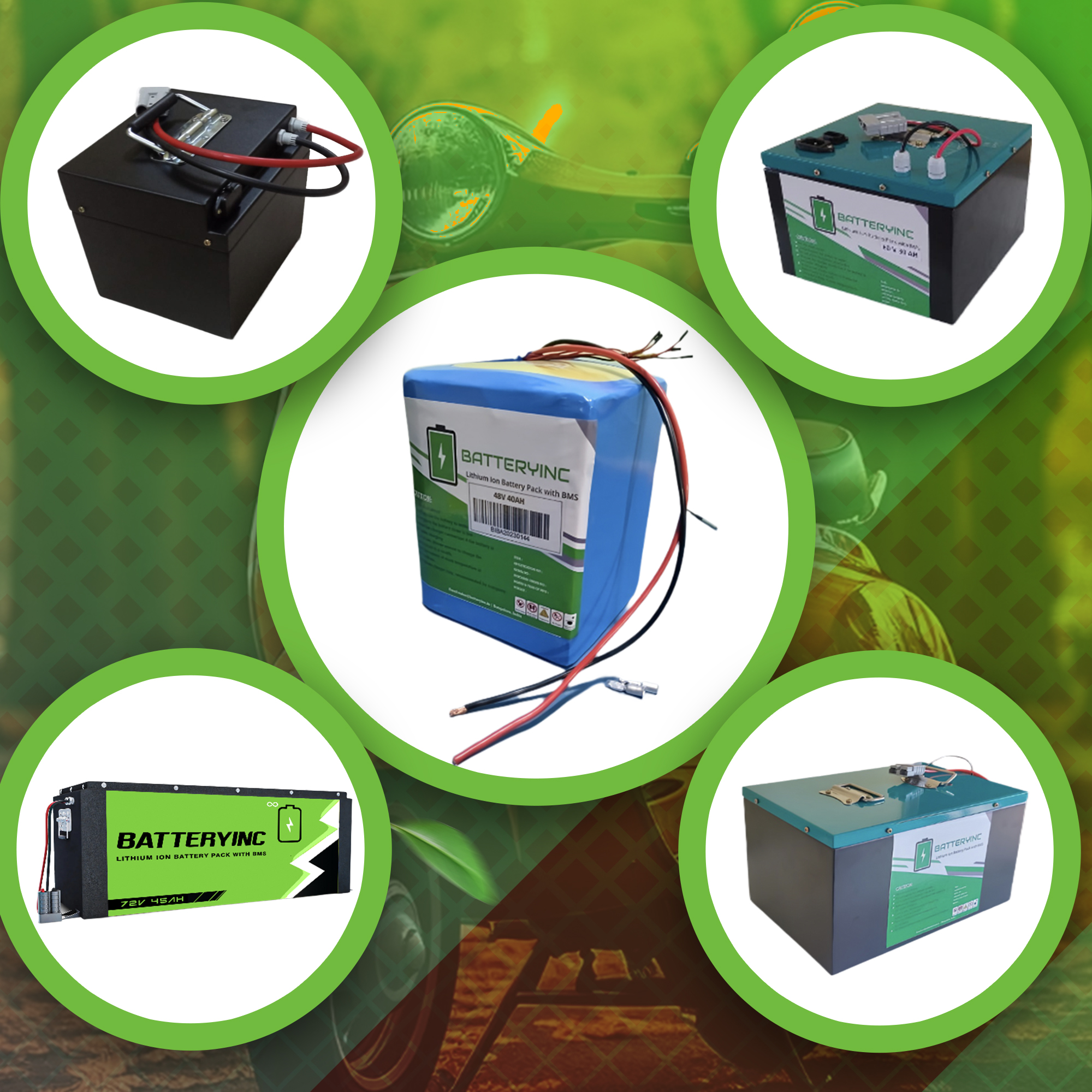Essential Features to Look for in a Lithium Battery BMS
BMS is an inevitable system that is used to ensure the battery is reliable, has good performance and is durable. A lithium battery, BMS is a superior electronic system that controls and regulates the charging and discharging processes for a lithium-ion battery sub-system. They serve not only for smaller electric-based applications, such as electric scooter battery price and for the big systems that store large amounts of energy. Here is the talk covering the main points on picking a BMS out for your lithium-ion battery. It will enhance the process and lead to an efficient decision being taken.

1. Over-Voltage and Under-Voltage Protection
The lithium battery BMS monitors the voltage in the battery and provides the protection required against being over-voltage and under-voltage. Overcharge happens when the voltage is high above the maximum safe limit, but the charge is also low compared to the minimum safe voltage.
Both issues can affect the battery cells' capacity and lifespan in the short term and in the long term by deteriorating their capacity and lifespan. The BMS will be reliable when it continuously monitors each cell's voltage on the battery pack and takes the right action, such as switching charging or discharging when needed.
2. Temperature Monitoring and Protection
Lithium-ion batteries are sensitive to temperature extremes that may reduce performance and safety. The excessive heat initiates thermal runaway, an extremely undesirable condition in which the battery temperature increases out of control, leading to a fire or explosion.
Moreover, cold weather can dramatically decrease the battery's performance and charging performance. A good lithium battery BMS should consider the battery pack's temperature sensors to control the system and use measures like lowering the amperage of current exchange or shutting down the system when the temperature becomes unsafe.
3. Balancing and Equalization
For the multi-cell lithium-ion battery pack, equality of cell voltage and charge level is the most significant parameter for cell balancing. The cells within a pack are exposed to the environment for a long duration, and they tend to develop slight differences in their capabilities, resulting in an imbalance in the pack.
This causes less capacity and an imbalance of stress on the cells with the passing of time, which shortens the battery. A lithium battery BMS has the capability of cell balancing and recharging inbuilt.
4. SOC & SOH Monitoring
Accurate determination of the battery's SoC and SoH is important for the estimation of the battery's runtime and prevention of associated battery issues. SoC shows the remaining capacity of the battery as a percentage of the total capacity of the battery, while SoH presents the battery’s healthy status over the time span of the battery in comparison with its original state. In a lithium battery BMS, advanced algorithms are developed to get the estimation of SoC and SoH based on factors like voltage, current, and temperature data. This information can be used to show the actual battery level, predict the end of the operation time, and remind about battery service or replacement.

Conclusion
Making the proper lithium battery BMS, is vital to ensure that you have the safety, performance, and longevity of the lithium-ion battery. BatteryInc, a well-known Lithium Battery Manufacturers in Bangalore, has to offer the BMS with the above characteristic functions.
BatteryInc is the perfect solution for your needs. With this partnership, you can rest assured that your lithium-ion battery is well-protected, utilizing a cutting-edge BMS that guarantees high performance and long-term dependability.


Comments
Post a Comment